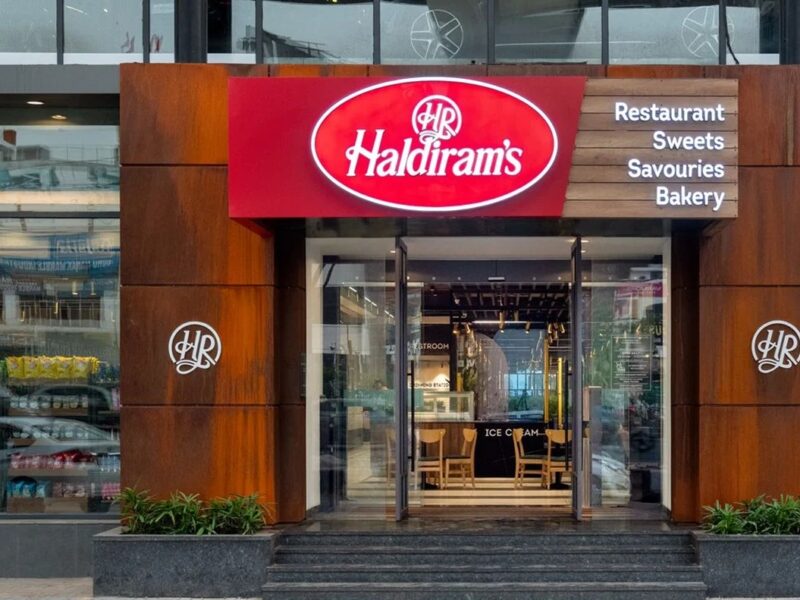The coronavirus pandemic has caused a paradigm shift in terms of how people living in the Gulf live their lives and how businesses operate their day-to-day operations.
The food and beverages (F&B) industry has been no different with consumers increasingly seeking value for money products, prompting many retailers to revise their portfolio and shift volume to products aligned to consumer choices.
According to consultants Frost & Sullivan, processed F&B segment sales are estimated to have increased by up to 6 percent, driven by retail sales after the lockdown forced Gulf residents to stay or work from home.
Demand for packaged food, ready-to-cook and canned items has been driven by the fact that people have been confined to their homes due to limited social engagements, it said in a new research note.
The Covid-19 pandemic has also compelled bricks and mortar retail stores to explore and establish e-commerce as an alternate sales channel to reach out to consumers given that “social distancing” is expected to remain an ethos in the world of a “new normal”, the report said.
“We have seen the retail segment playing a critical role in driving household consumption and compensating for the loss in F&B revenue by the otherwise dominant hotels, restaurant, café and catering (HORECA) segment,” Frost & Sullivan said.
Its report also said that with lifestyle disorders such as cardiovascular diseases, diabetes and obesity accounting for 51 percent of the total mortality in Saudi Arabia and the UAE, the advent of the pandemic has compelled the population to consume more natural products such as citrus fruits, broccoli, ginger, garlic, turmeric, yoghurt and almonds.
It added that consumption of immunity supplements such as Vitamin C, Zinc and Omega-3 has increased among the 30+ age group as a means to increase resistance to various diseases.
.jpg?Bb5bS3Jt) The report added that consumption of immunity supplements such as Vitamin C, Zinc and Omega-3 has increased among the 30+ age group
The report added that consumption of immunity supplements such as Vitamin C, Zinc and Omega-3 has increased among the 30+ age group
Within health and wellness, Frost & Sullivan said organic is the trend that has penetrated the most in the consumer market and currently stands at $3.5 billion.
The report also highlighted the impact of working from home on the F&B sector.
“Work from Home (WFH) is becoming an acceptable norm resulting in consumers getting more time to stay at home. Due to this, traditional hospitality is getting edged out as consumers are developing their culinary capabilities. Increased home-cooking is driving the use of convenient meal kits/starters and more sophisticated ingredients, resulting in new food experiences,” it said.
Frost & Sullivan also said that rising unemployment rates and uncertain economic growth in the region have led consumers to becareful about their spending patterns and are increasingly looking for value-for-money products.
During the initial crisis period, consumers bought more private labels and entry price products that have now become their go-to choices, it noted.
 The pandemic has compelled bricks and mortar retail stores to explore and establish e-commerce as an alternate sales channel
The pandemic has compelled bricks and mortar retail stores to explore and establish e-commerce as an alternate sales channel
“This has led to an opportunity for retailers to revise their portfolio and shift volume to products aligned to consumer choices for a simpler and cost-effective supply chain. This affordability quotient is bound to play a crucial role in the purchase decisions as consumers would want to evaluate different products/brands and their respective value propositions in terms of a cost-benefit analysis based on which they would make a purchase decision.” the report added.
Going forward, Frost & Sullivan said consumers in Saudi Arabia are eager to go back to ‘in-person shopping’, irrespective of convenience or discounts offered online while in the UAE, the contactless regime is likely to prevail longer as expatriates from different countries believe that provides more protection against coronavirus.
It said health and wellness, along with affordability, will be the two key drivers that will give direction to GCC consumer spending in the months to come.




.jpg)




